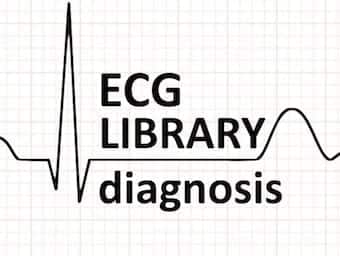
Apical hypertrophic cardiomyopathy (AHC)
Yamaguchi syndrome: Apical hypertrophic cardiomyopathy (AHC) Hypertrophic non-obstructive cardiomyopathy with giant negative T waves

Yamaguchi syndrome: Apical hypertrophic cardiomyopathy (AHC) Hypertrophic non-obstructive cardiomyopathy with giant negative T waves
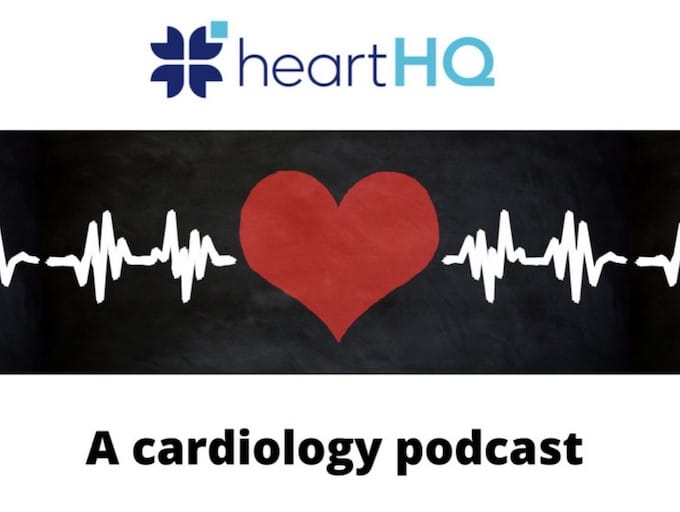
Heart HQ - Episode 7: Aspirin as Primary Prevention and Bicuspid Aortic Valves

Heart HQ - Episode 6: GP Education Conference at the beautiful Novotel Twin Waters Resort on the Sunshine Coast on Saturday 23rd October.

Heart HQ - Episode 5: TAVI. We discuss Transcatheter Aortic Valve Implant (TAVI). Traditionally, open heart surgery has been the main treatment option for aortic stenosis
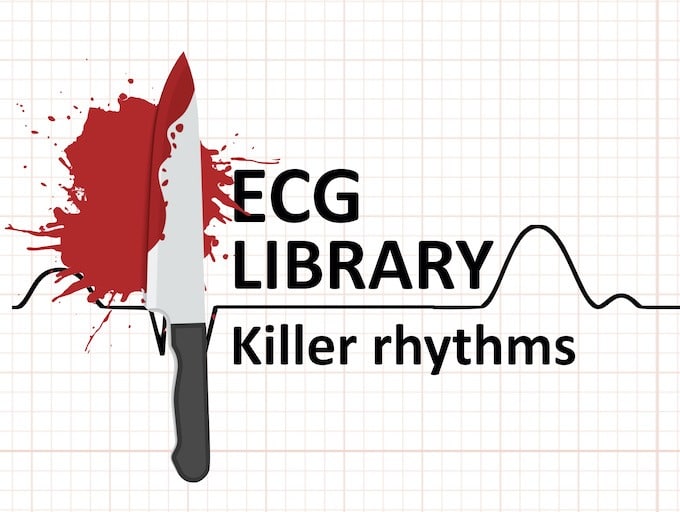
The average Emergency Clinician is interrupted every 6 minutes. When busy, it can be tempting to quickly “sign off” an ECG. These are the patterns not to miss.
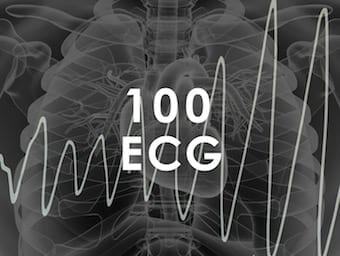
A man in his 40s with exertional chest pain and a small troponin rise. Is this just LVH? Bedside echo gives us the answer

A 24-year-old female presents following a syncopal episode. This case incorporates basic bedside echo into our ED work-up of syncope.

Hypertrophic cardiomyopathy (HCM) is one of the most common inherited cardiac disorders (affecting ~ 1 in 500 people) and is the number one cause of sudden cardiac death in young athletes. Annual mortality is estimated at 1-2 %.
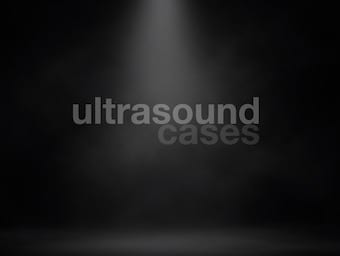
An elderly man with a history of hypertension is brought into hospital after several days of reduced oral intake. He is hypotensive and your junior doctor wants to start inotropic support for presumed sepsis. An abbreviated bedside echo is performed. What would you suggest as optimal therapy?

Hypertrophic Cardiomyopathy (HCM) results in characteristic ECG changes of "dagger-like" Q waves and large precordial voltages